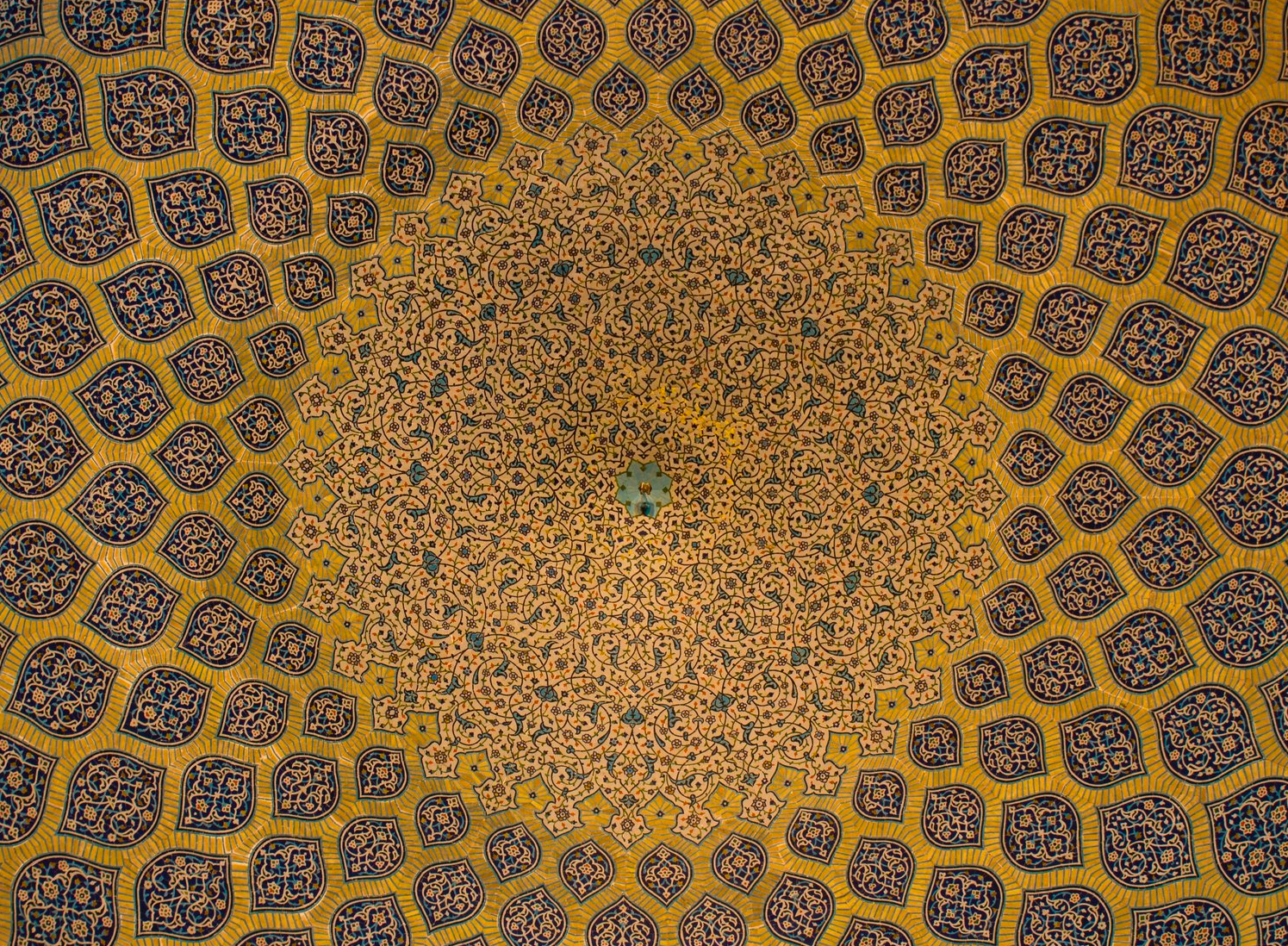Become a member
Get the latest research, news & events on topics and regions that interest you.
Register



In mid-January, Oman revealed plans to build the first spaceport of the Middle East and North Africa (MENA) region. It is hoped that the first rocket will be launched in 2024 even though works are expected to go on till 2025. According to the information released by the Omani government, the space rocket launch centre, to be called the “Etlaq Space Launch Complex,” will be developed by the National Aerospace Services Company (NASCOM) and is set to be located in the city of Duqm in the south of the country.
NASCOM explained “We have two main goals with the Duqm launch land: to build a launch centre for commercial, professional and educational rocket users to assemble, test and launch from. The launch centre will be globally accessible for expanding rocket companies, and locally available for educational research programmes.” NASCOM also plans to develop the first Omani suborbital rocket and launch it from the new spaceport in Duqm.
Over the past decade, an increasing number of countries in the MENA region have demonstrated interest in space exploration. In an effort to coordinate their respective endeavours and expand the Arab footprint in the field, the UAE, Saudi Arabia, Bahrain, Oman, Kuwait, Jordan, Algeria, Tunisia, Sudan, Egypt, Lebanon, Morocco, Iraq and Mauritania, created the Arab Space Cooperation Group in 2019. Oman’s ambitious plans for building a spaceport are another step in this direction. On 9 January, Oman launched its first satellite, dubbed Aman, from UK soil, in partnership with Virgin Orbit, which was operating the spacecraft. Unfortunately, the vessel fell short of reaching orbit as the system suffered an unspecified anomaly ending the mission.
The Etlaq Space Launch Complex would allow both public and private entities to launch space vessels from Omani soil and simultaneously make the region a key player in space exploration while attracting foreign direct investments and young talents at a time the Gulf States are seeking economic diversification away from oil.
The port city of Duqm enjoys a strategic position near the equator, offering a perfect latitude for launches to outer Earth as space vessels can take advantage of the blue planet’s rotation speed. Located on the Southern shore of the Sultanate, the city was chosen by the Omani government for the development of Port Duqm, in partnership with Belgium’s Port of Antwerp, in a wider national push to increase investments in infrastructure and diversify the national revenue streams.
Oman also plans to build a space research centre in the Artificial Intelligence zone of the city. The centre will be responsible for organising mission simulations, also known as analogue missions, and science experiments. Bahiya Al Shuaibi, CEO of Oman’s Global Space and Technology Company, said “The project aims to simulate a space environment to study the behaviour of astronauts before joining the actual astronaut flights. It will serve scientists, researchers and those interested in doing experiments in the space sector, artificial intelligence and advanced technology.” The centre is also being developed in the hope of boosting cooperation with other international institutions, notably for training programmes.
A similar plan, the Mars Science City, was announced by the United Arab Emirates (UAE) in 2017. The project, which only managed to secure land in 2021, is yet to be developed but it is hoped to be operational in 2024. At present, only the United States’ NASA and Russia's Roscosmos have facilities dedicated to analogue missions.

Get the latest research, news & events on topics and regions that interest you.
RegisterAlready a member ? Log in
Privacy PolicyGet the latest research, news & events on topics and regions that interest you.
Not a member ? Subscribe
Get the latest research, news & events on topics and regions that interest you.
Alreday a member ? Log in
Privacy PolicyEnter your email below to recover your password
Thank you, you will receive an email to change your password
Your password is now updated